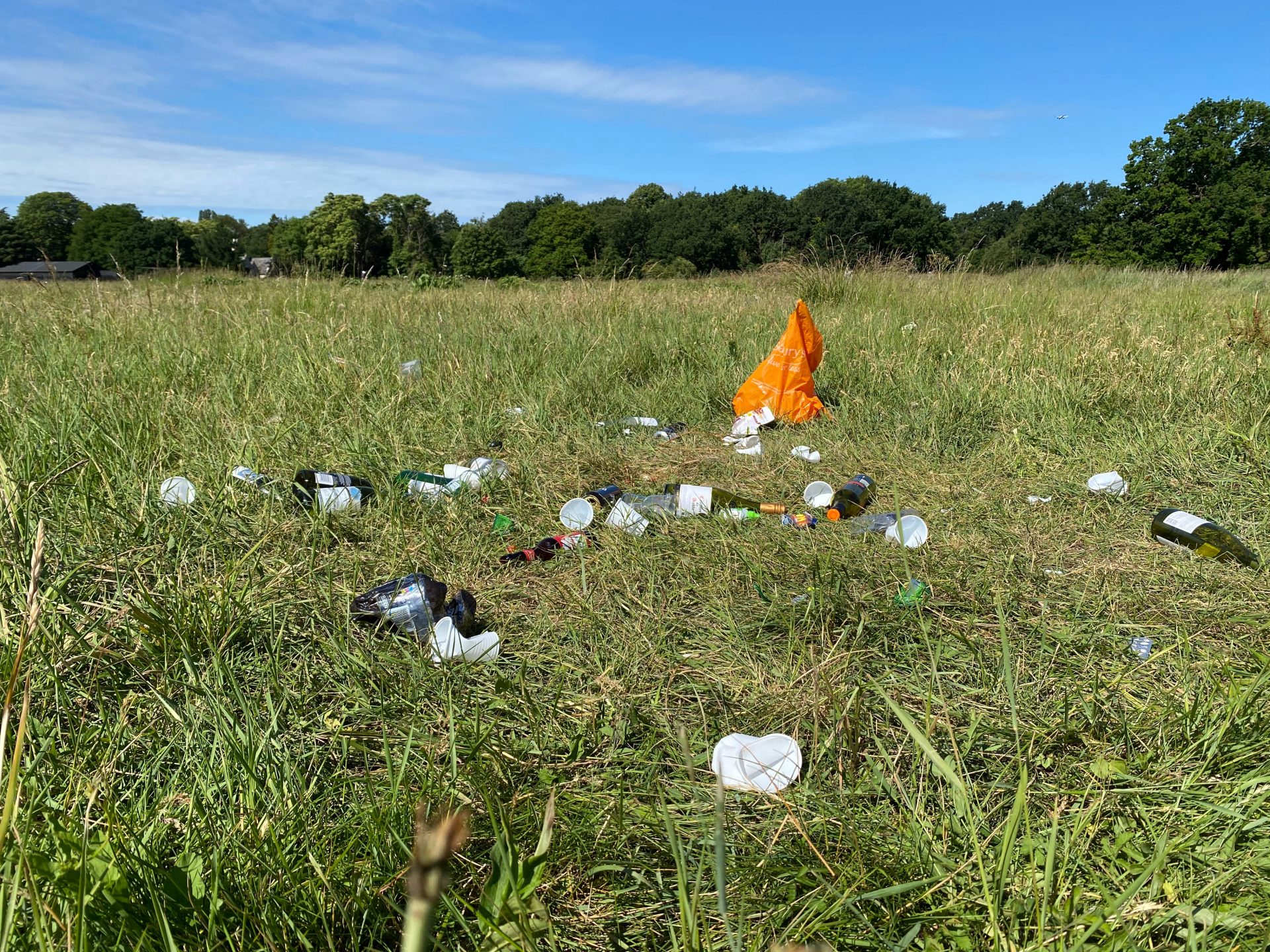 UK biodegradable and compostable plastic specialist Polymateria has received £15 million in funding from impact investing platform Planet First Partners (PFP) to fund the roll-out its ‘biotransformation’ technology.
UK biodegradable and compostable plastic specialist Polymateria has received £15 million in funding from impact investing platform Planet First Partners (PFP) to fund the roll-out its ‘biotransformation’ technology.
Polymateria’s biotransformation technology (or additive) redesigns polymers that make up plastics so the environment can break it down if it escapes a recycling facility. It then turns plastic waste into a wax-like substance, which the company said is no longer harmful to the environment.
From this point, the wax is mineralised by naturally occurring bacteria and fungi, with the resulting films and rigids able to fully biodegrade within two years, leaving behind no microplastics.
In addition to these claims being supported by third party scientists, external researchers also maintained that Polymateria’s (@polymaterialtd) Biotransformation technology can biodegrade the most common form of plastic waste within a year.
PFP managing partner Frédéric de Mévius said: “We evaluated many technologies in this space and recognised Polymateria’s as completely unique technology, underpinned by third-party testing and data and by design, with great potential to scale up quickly without significant capital cost to industry.”
Polymateria CEO Niall Dunne (@n1dunne) said: “Biodegradable solutions have faltered in the past, largely due to the creation of microplastics, lack of compatibility with recycling systems, and confusion from consumers around the recycling of packaging. Biotransformation tackles all three issues.
“Our team is already benefiting from this investment and wealth of experience, and we’re excited to move forward at pace to deliver on our plans for exponential growth to tackle the fugitive plastic crisis.”
Marks and Spencer former chief executive Marc Bolland has joined Polymateria as chair. Woolworths former chief executive and Virgin Active Holdings chair Simon Susman will also be joining the board alongside de Mévius.
Polymateria has been spun out of Imperial College London.
The new funds will allow Polymateria to significantly expand its global footprint, including its laboratories at Imperial College London’s I-HUB and rapidly grow its R&D team of polymer scientists, chemists and biologists from around the world, as well as increasing capacity in prototyping facilities, manufacturing and sales to meet significant demand for its technology in the market.
The announcement comes after Polymateria secured two separate research grants from Innovate UK, part of UK Research and Innovation, funded by the UK government. The total of more than £1m was granted to Polymateria to develop the first Biotransformation technology for PET and the first petro-plastic that meets international standards for both home and industrial composting, the company said in a statement.
However, some environmental groups have questioned technologies like these because they fear that there is a risk that litter louts will behave even worse if they know that plastic will turn into a natural harmless product.
A Sunday Times report (27 July) claimed that sportswear group Puma will be using Polymateria’s additive in the production of 160 million plastic bags it uses each year. According to the newspaper, they will be on sale in southeast Asia in September and Britain next year. However, Puma did not respond to a request for comment to the newspaper to confirm the claims.
In October last year, Polymateria announced a partnership with Clariant, one of the world’s leading specialty chemical companies. The ambition of the partnership is to bring Biotransformation technology to market in South East Asia, the main global source of “fugitive” plastic, which is plastic that escapes into the natural environment.
Meanwhile, a subsequent partnership agreement with Clariant, announced in January, includes a deal with the Indian government to bring biotransformation to India and similar discussions are in progress with the governments of the biggest plastic producing countries in the world.
 If you were interested in this bioeconomy story, you may also be interested in the ones below.
If you were interested in this bioeconomy story, you may also be interested in the ones below.
Read: Regaining control of the bio-economy communication agenda
Read: Spotlight on outdoor clothing: Biodegradable fleece made from wood cellulose
Read: Lactips raises €13m to ramp up milk-based bioplastics production
Read: Could milk protein be the solution to our plastic packaging crisis?
Read: Video: Making edible food packaging made from milk proteins.
Read: The reinvention of bio-plastics: New kids on the block.





